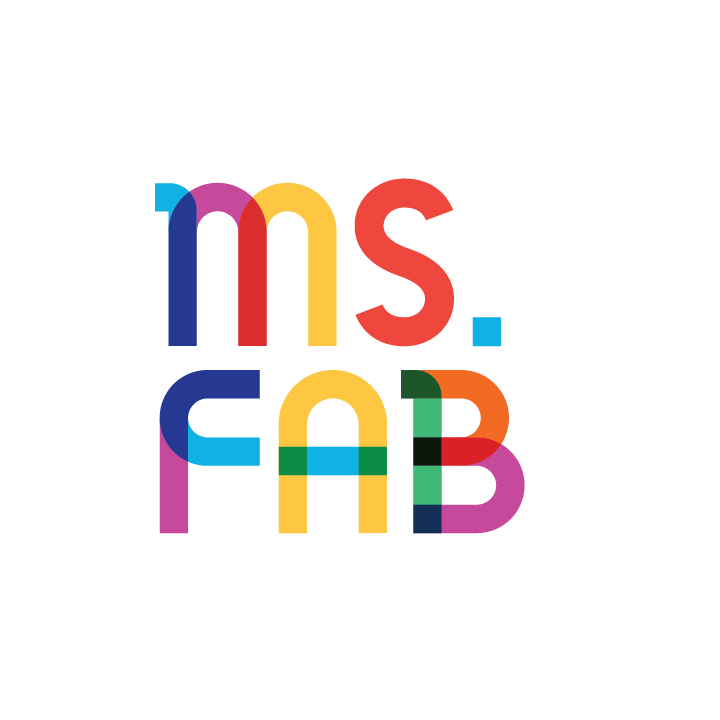Learning To Love Learning
Humans are built to learn. That’s what separates us so from animals: we love to learn.
When we tell kids to put away the guitar or stop diving into vintage fashion and get back to “real work” (read: schoolwork), we’re telling them:
Their passions don’t matter.
Learning and joy are separate.
It’s common to keep these separate.
Passion projects look like play, and we tend to think play and learning shouldn’t overlap. The same goes for adults: hobbies are for after you punch out for the day.
But by keeping projects or hobbies on the sidelines, we miss key opportunities to integrate learning and living into our lives.
“I wouldn't want to work on anything I didn't want to take over my life.” —Paul Graham, A Project of One’s Own
Projects are where we feel most ourselves. It may not be constant satisfaction—every writer puzzles over their pages—but it’s where we feel the most engaged and uninhibited. When we work on projects, we set aside the importance of a subject matter and focus on thinking, learning, and doing. It’s hard work we choose voluntarily.
Let’s use Paul Graham’s example of building treehouses.
At a first glance, the project may seem like nothing more than play. But when building a treehouse, kids learn about all sorts of things like math, engineering, and teamwork. They are thinking, making plans, and solving problems. Most importantly, they are highly engaged in the experience because they get to direct and manage their own learning.
In other words, projects create the perfect conditions for real learning to happen.
Yet in school we continue to treat passion projects as different from “real work.” We label core topics as curriculum and fun ones as extracurriculars. We make kids believe that the path to success is through school work and fail to emphasize that by working on projects of their own, they can also make their way through the world.
“It's a bit sad to think of all the high school kids turning their backs on building treehouses and sitting in class dutifully learning about Darwin or Newton to pass some exam, when the work that made Darwin and Newton famous was actually closer in spirit to building treehouses than studying for exams.” — Paul Graham
Real learning happens when we work intensely on things that matter to us. And no one gets this better than kids. That’s why they drag their feet as they walk to school in the fall and sprint as far away as they can in the spring.
Imagine if work and school revolved around projects—not curriculums, quotas, or tasks. Wouldn’t kids (and adults!) be more engaged? Wouldn’t this lead them to love school and learning?
I know we can’t change the education system, but we can choose what to prioritize outside of school. What if we encourage projects as much as school work? What would happen if we focus on helping kids execute their ideas and passion projects? How can we help kids learn to love learning?
A few days ago, a wonderful 10-year-old interviewed me for his podcast, Kids Learn Careers. Every week, he interviews a different person about their job so other kids know what their options are in today’s world. I was fascinated by his passion and how much time and effort he has put into this project. Instead of viewing this podcast as an after-school activity, his parents helped him see it as an opportunity to create value for other kids.
I can give you a rundown of all the entrepreneurs, scientists, and writers who succeeded not because they were good in school but because they allowed their projects to consume them. You know who they are. They may seem like exceptions, and that just shows how rarely people take their obsessions seriously.
Let’s normalize encouraging kids to work on their passion projects. Let's create the conditions for healthy obsessions to happen. Let’s applaud kids for pursuing their curiosities and let’s make them feel like they’re learning, when it could seem like they’re “playing.” Because they are learning, and they’re also learning to love learning.
I explore ideas like this in Fab Fridays, my newsletter on childhood education and new ways to learn.
Subscribe below!

